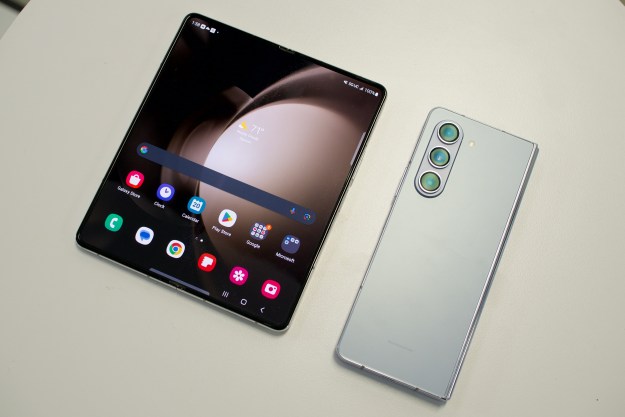
Hypothetically, the development team for the app could implement an automatic recurring order system, specifically designed for anyone that visits the coffee chain daily. When speaking about the potential for coffee delivery via mobile ordering, Schultz said “Imagine the ability to create a standing order of Starbucks delivered hot or iced to your desk daily. That’s our version of e-commerce on steroids.” Adding delivery wouldn’t be a huge leap within the mobile ordering app since the company is already pushing towards a future of mobile orders to be placed in advance of customers arriving at the store.
It’s also possible that Starbucks could integrate the company’s loyalty program into delivery in some fashion, perhaps coupons for free delivery. Another hypothetical scenario could be an advanced, premium tier of the loyalty program that offers free delivery on all orders. Structured similar to Amazon Prime, a Starbucks customer could pay a monthly or yearly fee to receive delivery of their coffee without any additional charges.
Starbucks management did not elaborate on how stores will roll out the delivery service from a perspective of hiring. While it’s possible that the company could use existing baristas to delivery orders, it’s more probable that each store would hire employees dedicated to delivering orders throughout each city. Starbucks management will also have to figure out how to map delivery zones for each store and force mobile users to order from the closest store that offers delivery.
Editors' Recommendations
- The T-Mobile Tuesdays app is about to get a big upgrade
- Updated Steam mobile app lets you download games from your phone
- Coffee lovers, Starbucks and Uber Eats are going all-in on U.S. deliveries

